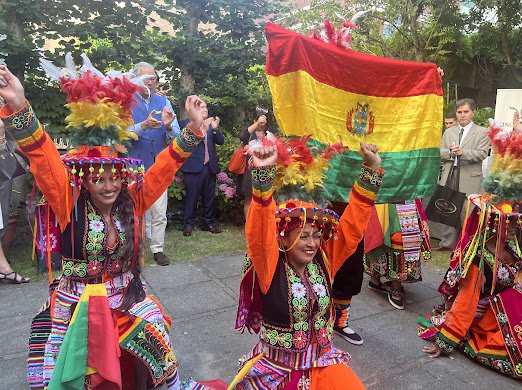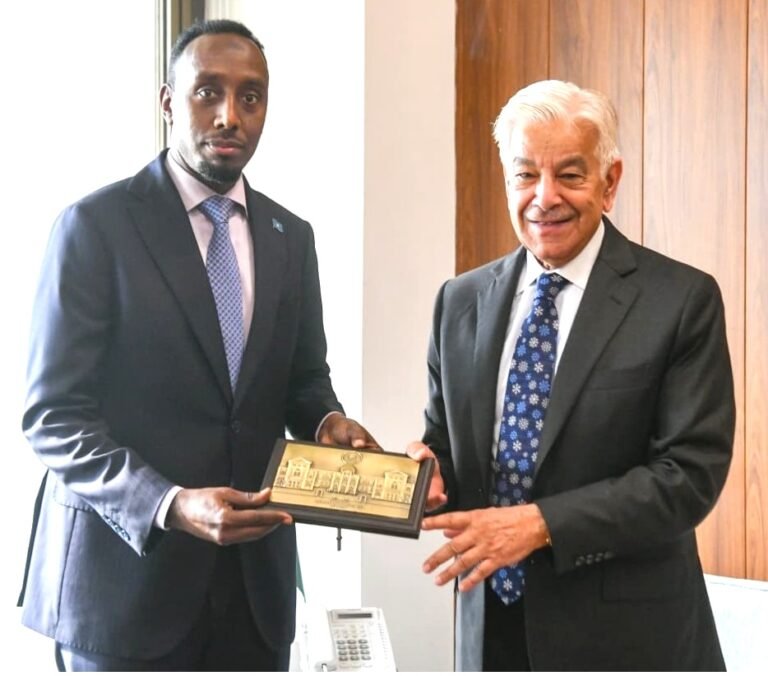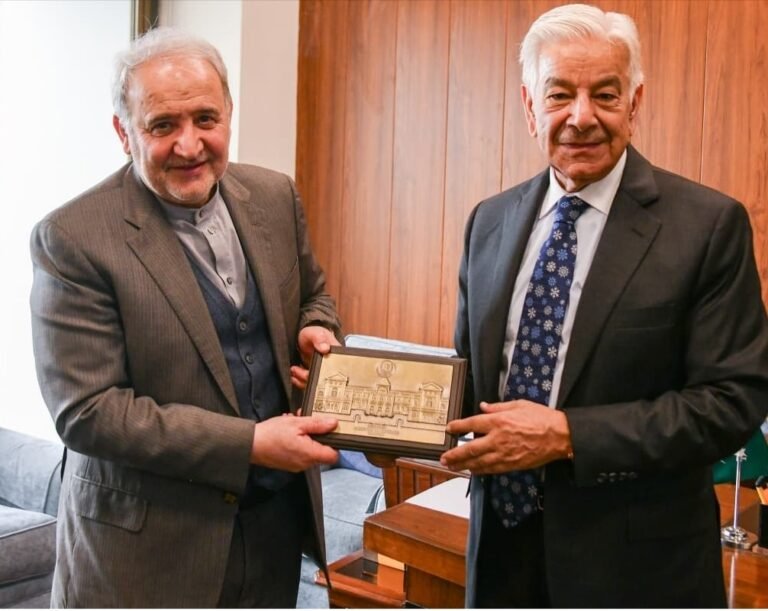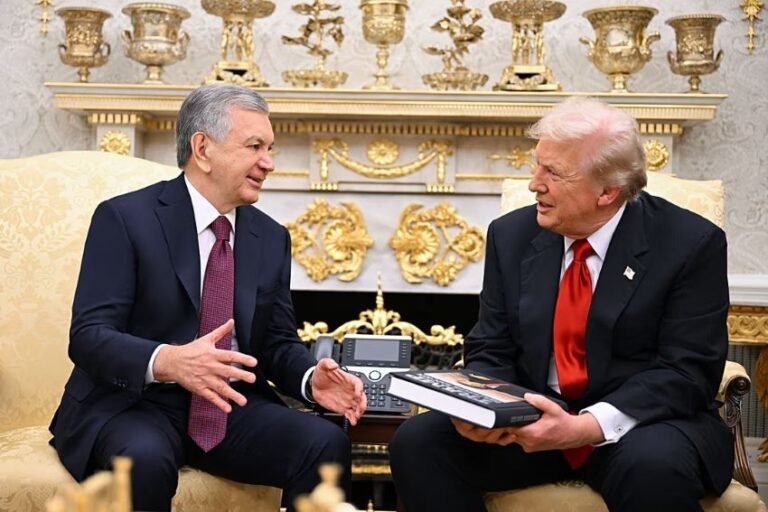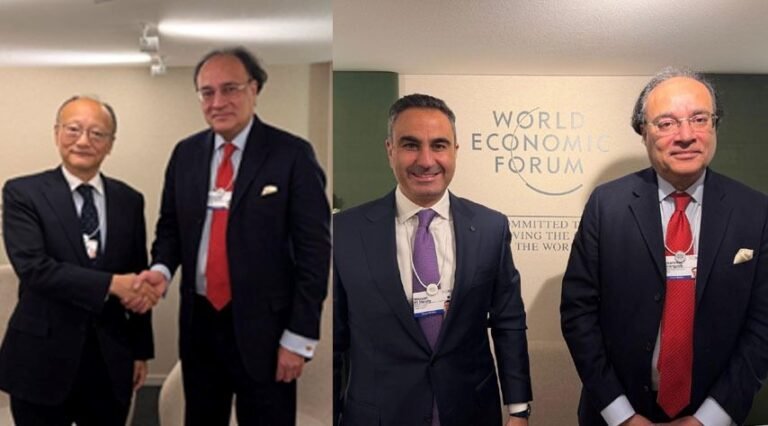August 6 is celebrated in Bolivia as the National Day, marking its independence from Spain in 1825. While the day is mostly celebrated as a national holiday, it is also a suitable moment to study a country that is still not very well known in much of the world.
With its stunning geography, rich history, and growing global stature, Bolivia is a country that is diverse, strong, and committed to its independence.
Getting to Know Bolivia
In the center of South America is the landlocked country of Bolivia, bordered by Paraguay, Brazil, Argentina, Chile, and Peru. Landlocked, the country is the most geographically varied on the continent, ranging from the glacial peaks and plateaus of the Altiplano to the tropical lowlands and rainforests of the Amazon Basin. The country is famous for its breathtaking beauty and ecological diversity.
Bolivia has a population of approximately 12 million citizens and is a unitary presidential republic. Bolivia is a two-capital country: La Paz, the administrative capital, executive and government capital, and Sucre, constitutional capital and seat of justice. The city of La Paz, more than 3,600 meters above sea level, is the global highest administrative capital.
The Boliviano (BOB) is the country’s official currency, and the prevailing language is Spanish. Bolivia also officially recognizes 36 indigenous languages, including Quechua, Aymara, and Guaraní, thereby showing the depth of cultural pluralism in the country.
Read More: Independence Day of Maldives 2025: Past and Present of the Island Country
Bolivia’s Uniqueness
Bolivia stands alone in the world as a “Plurinational State,” an innovative and historic achievement that constitutionally ensures the indigenous majority and multi-ethnic population of the nation. It was codified in the 2009 Constitution, after broad social movements emphasized inclusion, justice, and indigenous peoples’ rights.
Indigenous individuals make up more than 60% of Bolivia’s population, and Bolivia is thus the most indigenous nation in Latin America. The indigenous way of living, dressing, speaking, and practicing religion continues to be part of national Bolivian identity. The Wiphala flag, a multi-colored flag that represents indigenous culture, is flown alongside the national flag in government buildings.
Festivals such as Carnaval de Oruro, an intangible cultural heritage site designated by UNESCO, and Inti Raymi and Tinku, exhibit the syncretic vitality of the fusion of pre-Columbian and Catholic cultures. Such cultural expressions as the Diablada, Caporales, and the Morenada also attest to the syncretic nature of the nation. Music and dance are the very fabric of Bolivian existence.
Bolivia’s Natural Wealth and Economy
Bolivia’s economy has always depended on its enormous natural resources, mostly natural gas, minerals, and farm produce. Lithium is of larger significance to the global energy transition, particularly in the production of electric vehicle batteries and renewable energy storage.
Bolivia is home to the world’s largest known lithium deposit, and most of it is contained in Salar de Uyuni, which is growing more in demand in the global arena. In addition to mining, cocoa, quinoa, soy, and coffee are major agricultural exports.
Even with the progress made, Bolivia still lags in having adequate infrastructure, poverty in rural areas, and reliance on commodity exports. Nevertheless, continued investment in social programs, health, and education has played a major role in poverty reduction in the past 20 years.
Read More: Swiss Confederation 1291: A Medieval Blueprint for Modern Federalism
Bolivia on the Global Stage
The Bolivian foreign policy is defined by its consistency in the pursuit of peaceful dialogue, non-intervention, and solidarity with the developing world. It has been a champion of the Global South previously, promoting indigenous peoples’ rights, environmental justice, and consolidating multipolarity in the international system.
Since being a member of the United Nations, the Community of Latin American and Caribbean States (CELAC), and the Non-Aligned Movement, Bolivia maintains an active foreign policy rooted in respect, sovereignty, and solidarity.
The country has taken practical steps on numerous key issues of global relevance, including climate change, food sovereignty, and decolonization.
Understanding the National Day
Bolivia’s Independence Day, celebrated on August 6 every year, is to celebrate the proclamation of independence from Spain in 1825. This event was held in Sucre, a city that was named after independence hero Antonio José de Sucre, who spearheaded the campaign for the emancipation of Latin America in partnership with Simón Bolívar.
Globally, the day is celebrated with military parades, flag-raising ceremonies, speeches, and vibrant cultural festivals that mark the nation’s journey towards independence. In the capital cities, the people gather to celebrate national strength, solidarity, and pride.
Though symbolic to a great degree, the National Day rekindles Bolivia’s ongoing struggle for social justice, resistance to foreign control, and desire for a more equal and equitable society.
As Bolivia commemorates its 199th anniversary of independence, it invites the world to view not just its past but also its future as a nation that believes in identity, equality, and sovereignty
A passionate International Relations student with a strong interest in diplomacy, policy, and global affairs. Dedicated to contributing thoughtful analysis and research on international issues.

